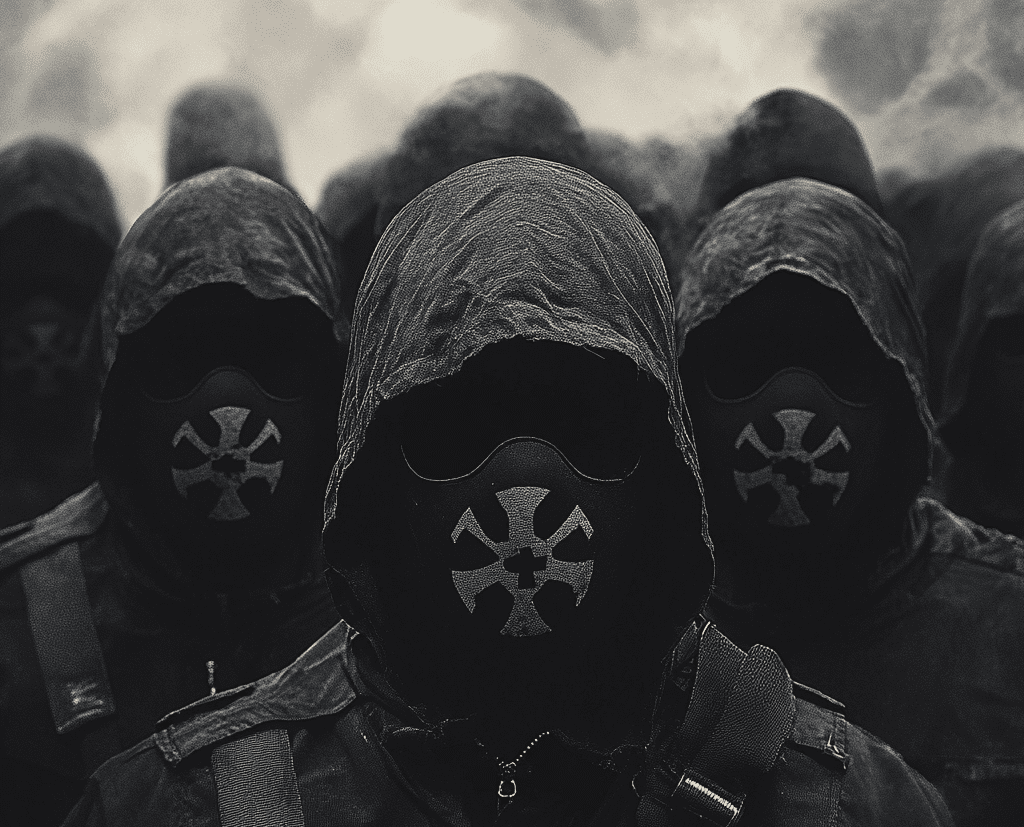A groundbreaking move by the U.S. State Department has placed an online extremist organization, the Terrorgram Collective, on its terrorist watchlist, marking a significant shift in how federal authorities address digital-age hate groups targeting communities of color.
Digital hate evolves beyond street-level threats
According to NewsOne, the designation comes as federal law enforcement grapples with sophisticated extremist networks that have moved beyond traditional methods of organization. These groups now leverage encrypted messaging platforms and social networks to coordinate their activities, making them particularly challenging to track and disrupt.
The State Department’s action specifically targets three international figures: Ciro Daniel Amorim Ferreira of Brazil, Noah Licul of Croatia and Hedrik-Wahl Muller of South Africa. This designation freezes their U.S.-based assets and prohibits U.S. citizens from conducting business with them.
The Justice Department has also charged two American members — Dallas Humber of California and Matthew Allison of Idaho — in a 15-count indictment. The charges include conspiracy to provide material support to terrorists and solicitation of hate crimes, including plots against federal officials.
A new era of extremist recruitment
The evolution of hate groups reflects a troubling adaptation to modern technology. While previous generations confronted visible threats from organized hate groups, today’s extremists operate in encrypted digital spaces, making their activities harder to detect and counter.
This shift became tragically apparent in Buffalo, New York, in 2022, when a gunman who had detailed his plans on Discord targeted and killed ten people at a supermarket in a predominantly Black neighborhood. The incident highlighted how online radicalization can translate into real-world violence.
Government response catches up to digital reality
The FBI and Department of Homeland Security have identified these types of groups as the nation’s primary domestic terrorist threat, despite pushback from political figures who attempt to minimize or redirect attention from the issue. The recent federal actions demonstrate a growing recognition of how these groups use technology to spread their ideology and coordinate activities.
The State Department’s designation represents a significant shift in how federal authorities approach online extremism. By targeting the Terrorgram Collective’s leadership and infrastructure, authorities aim to disrupt their ability to organize and recruit through social media platforms.
This approach acknowledges that modern hate groups have evolved beyond traditional structures, requiring new strategies for containment and prevention. The designation allows authorities to target not just the individuals involved, but also the digital networks they use to spread their message.
As federal agencies adapt their tactics to address these evolving threats, questions remain about the effectiveness of current regulations governing social media platforms. The challenge lies in balancing free speech protections while preventing the spread of dangerous ideologies that threaten community safety.
The government’s actions against the Terrorgram Collective signal a recognition that protecting communities requires new approaches to counter old hatreds that have found new homes in digital spaces. As these groups continue to evolve, so, too, must the strategies to combat them, ensuring the safety and security of all communities in an increasingly connected world.













